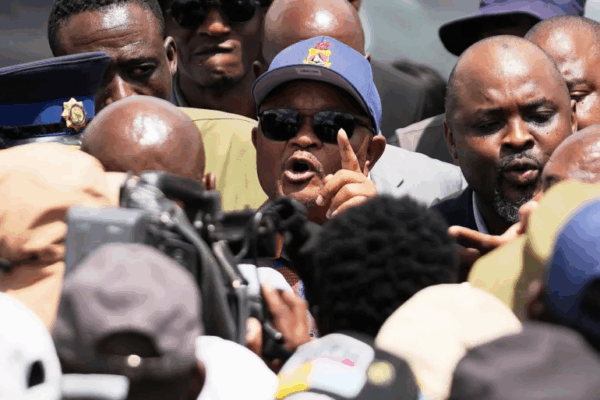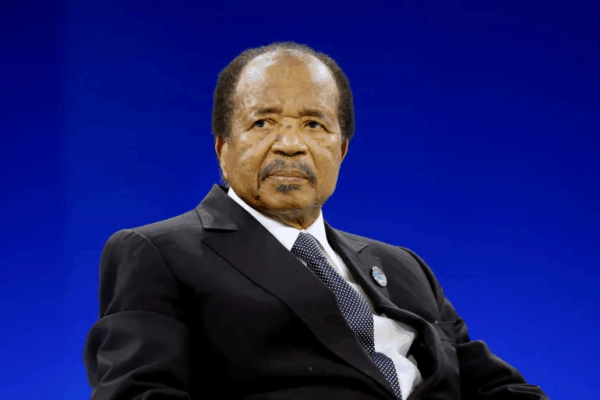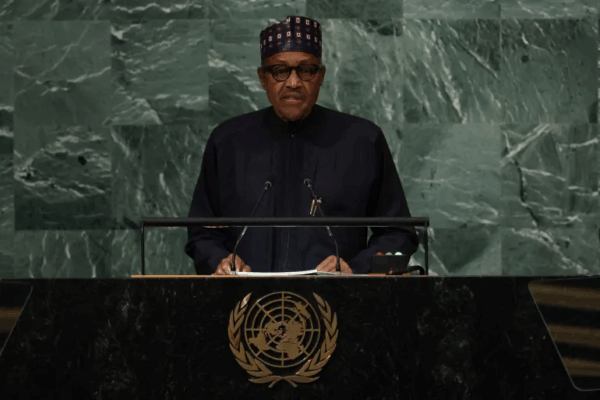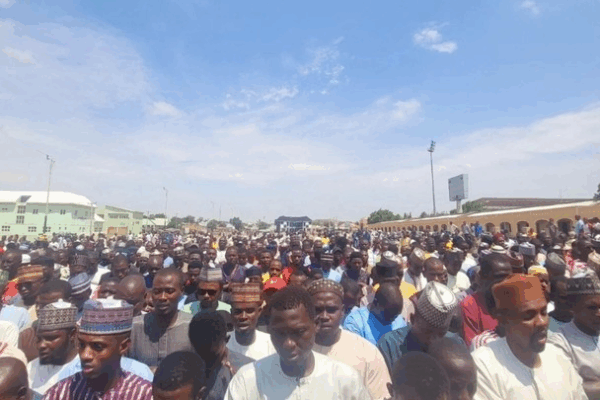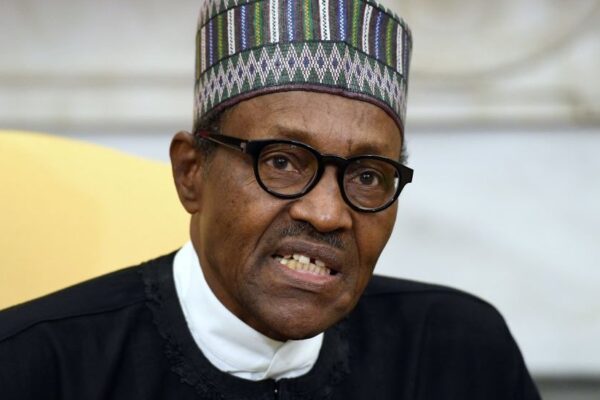
Buhari’s 2016 Medical Tourism Ban vs. His UK Trips and Patience Jonathan’s $15m Medical Fund
In the wake of revelations by Femi Adesina that late former President Muhammadu Buhari might have died earlier if he had relied on Nigerian hospitals, attention has shifted back to a controversial policy statement and subsequent events during his administration. On April 28, 2016, Buhari, through then-Health Minister Isaac Adewole, announced that his government would no longer sponsor medical trips abroad for public officials. Adewole made the pronouncement at the 56th Annual General Conference of the Nigerian Medical Association (NMA) in Sokoto. “While this administration will not deny anyone of his or her fundamental human rights, we will certainly not encourage expending Nigerian hard-earned resources on any government official seeking medical care abroad, when such can be handled in Nigeria,” Adewole said at the time. However, just six weeks later, Buhari departed for the United Kingdom on June 6, 2016, for what his spokesman described as a “precautionary” treatment for a persistent ear infection. Adesina noted then that Buhari had been consulting his UK doctors since the 1970s. By the end of his tenure, Buhari had reportedly spent 225 days abroad on medical grounds, with one of the longest stretches occurring in March 2021, when he stayed in London for 15 days while Nigerian doctors were protesting unpaid allowances. The cost of Buhari’s medical trips remained undisclosed throughout his presidency, but a related controversy emerged in 2017 when the Economic and Financial Crimes Commission (EFCC) froze four Skye Bank accounts linked to Waripamowei Dudafa, a former aide to ex-President Goodluck Jonathan. The accounts contained $15 million, which former First Lady Patience Jonathan claimed was set aside for her medical treatment after undergoing eight surgeries in 2013. The EFCC, however, alleged that the funds were linked to fraudulent activities and refused to release the money, stating that the accounts were registered under names of domestic staff, including a driver and houseboy.




